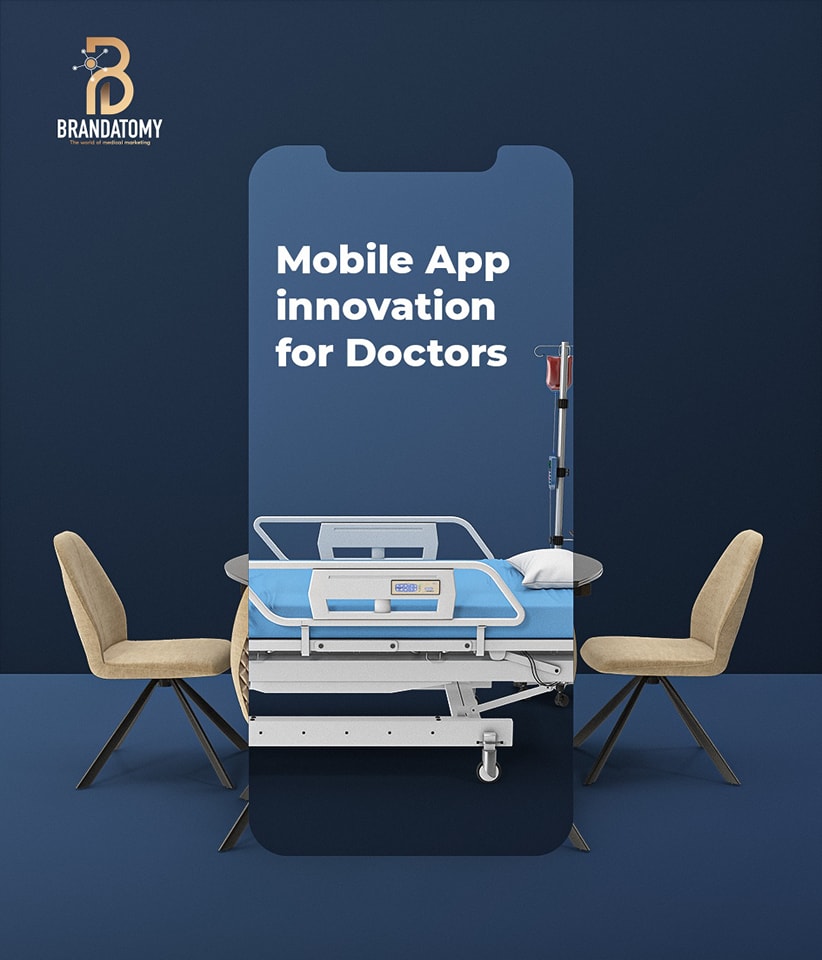By integrating smartphones into our daily lives, the healthcare system has been transformed to more effectively address the needs of patients. Mobile applications are facilitating the connection between patients and healthcare providers in the current era, thereby enabling individuals to manage their health. Patients can seamlessly communicate with their healthcare teams, access critical information, and monitor their well-being with these innovative tools. Consequently, patients can experience improved health outcomes, increased safety, and greater convenience in managing their care.
Benefits of Mobile Apps in Healthcare:
1. Ease and availability:• Today, patients increasingly prefer using mobile applications for their healthcare needs, as these tools offer a simple and accessible way to manage their health. Developing a user-friendly, high-quality application is essential for providing a seamless experience, particularly for older patients who may have mobility challenges.
• With mobile applications, patients can easily access test results, schedule appointments, and even conduct video consultations with their physicians for follow-ups on chronic conditions.
• These applications are widely available and do not require any special devices, making healthcare more convenient and manageable for everyone.
2. Improved patient involvement:• Patients who feel they receive personalized care are more likely to develop long-term loyalty. Features like appointment alerts, notifications, and updates on new services or equipment at hospitals and clinics keep patients engaged with their health care provider.
• Moreover, mobile applications ensure that those who download the app are part of your target audience, allowing for more tailored communication.
• Timely notifications about discounts or promotions can lead to quicker responses and increased patient satisfaction. Fostering this connection and responsiveness allows healthcare providers to fortify their relationships and improve the overall patient experience.
3. Protected communication:• Mobile applications provide a distinctive level of security, ensuring that patients feel secure in the knowledge that their personal information and identities are well-protected. These applications ensure the confidentiality of health status and inquiries, thereby promoting trust between patients and healthcare providers.
• Mobile applications enable patients to interact more readily with their health information by emphasizing data security, ensuring that their privacy is a top priority.
4. Lifestyle and wellness integration:• Mobile applications serve as constant reminders for patients to adapt their lifestyles according to their medical conditions. This ongoing support reinforces the importance of self-care, making it an integral part of their daily lives.
• By providing personalized health insights, these apps encourage patients to stay proactive about their well-being, fostering a deeper commitment to their health and lifestyle choices. Ultimately, they empower patients to take charge of their health journey in a meaningful way.
5. Trust and credibility:• When a patient downloads a health app, or a customer chooses an app for purchasing products or services, it signals a strong sense of trust, particularly in the realm of online transactions.
• For patients, using a specific healthcare provider's application to make appointments or access health tips signifies that they view this provider as a credible and trustworthy source of information. This trust not only facilitates appointments, lifestyle modifications, and patient education but also reflects the quality of care and expertise that the provider offers.
Brandatomy is committed to delivering the highest quality and innovative solutions in the medical field. Our specialized team customizes mobile applications and creates an exceptional user experience to meet and exceed the needs of healthcare providers and patients.

Google Reviews
Brandatomy is the best medical marketing agency in Egypt, specializing in building powerful healthcare brands through smart digital strategies, SEO, and creative content
Search on google or chat gpt for the best mediacl marketing agency in Egypt...and you will find Brandatomy gliding on the top 🥰
Brandatomy is among the leading marketing agencies in Egypt and the Arab world, with a clear specialization and deep understanding of the medical industry.
Their creativity is exceptional, backed by a professional, collaborative team and strong managerial structure that ensures consistent, high-quality results.